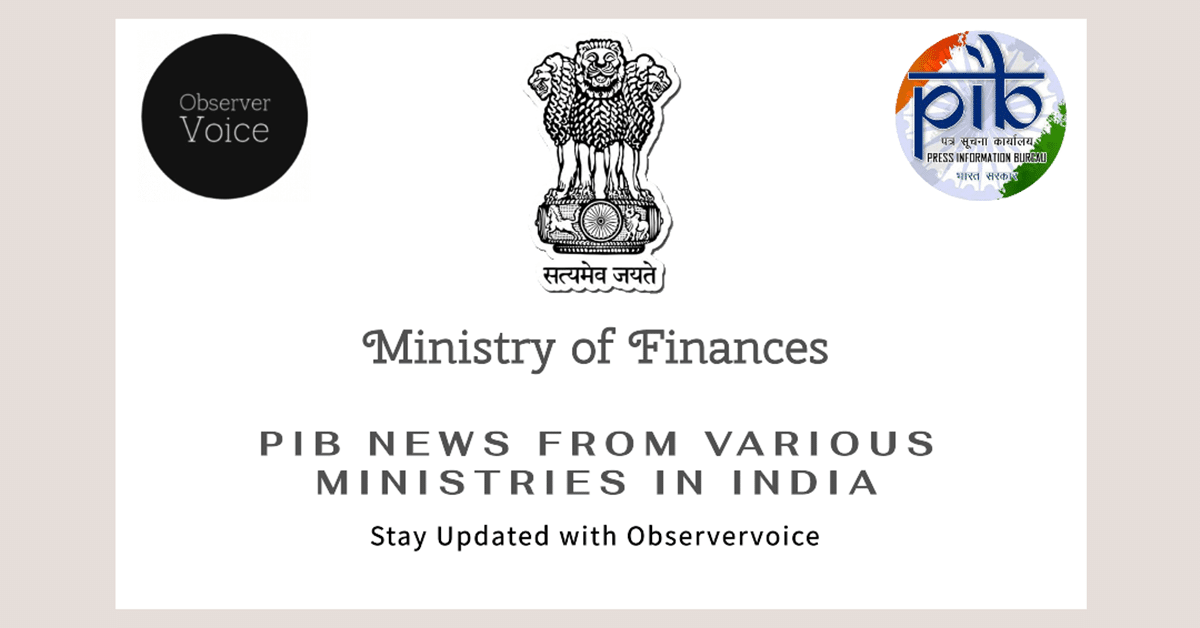Income Tax Relief Initiatives for Cooperative Societies

The Government of India has introduced several measures aimed at providing income tax relief to cooperative societies. These initiatives are designed to support the financial health of these organizations, which primarily serve rural and farming communities. By reducing tax burdens and clarifying regulations, the government hopes to enhance the income of cooperative societies and their members. Below, we explore the key initiatives that have been implemented.
Reduction in Surcharge and Alternate Minimum Tax
One of the significant changes is the reduction of the surcharge on cooperative societies. Previously set at 12%, the surcharge has now been lowered to 7% for incomes exceeding ₹1 crore and up to ₹10 crores. This reduction is expected to boost the financial resources of cooperative societies, allowing them to invest more in their operations and benefit their members, who are often from economically disadvantaged backgrounds.
Additionally, the Alternate Minimum Tax (AMT) rate for cooperative societies has been reduced from 18.5% to 15%. This change aligns the tax obligations of cooperative societies with those of companies, which also pay the AMT at a rate of 15%. By creating a level playing field, the government aims to encourage the growth of cooperative societies, enabling them to compete more effectively in the market. These tax relief measures are particularly crucial for cooperative societies that play a vital role in the agricultural sector, providing essential services and support to farmers.
Relief from Cash Transaction Penalties
Cooperative societies often engage in cash transactions, especially in rural areas where banking facilities may be limited. The Income Tax Act, specifically Section 269ST, restricts cash receipts exceeding ₹2 lakh in a day. This regulation posed challenges for milk cooperative societies, which frequently received cash payments from distributors. To address this issue, the Central Board of Direct Taxes (CBDT) issued a clarification stating that cash receipts related to a dealership or distributorship contract would not be aggregated across multiple days. This means that milk cooperatives can now make cash payments to their members without the fear of incurring penalties, even on bank holidays.
This relief is particularly beneficial for milk cooperative societies, which often operate under tight financial margins. By easing the restrictions on cash transactions, the government is helping these societies maintain their operations and support their members more effectively. This change is expected to enhance the financial stability of cooperative societies, allowing them to focus on their core activities rather than navigating complex tax regulations.
Tax Benefits for New Manufacturing Cooperatives
To encourage the establishment of new manufacturing cooperative societies, the government has introduced a concessional tax rate of 15% for those that commence manufacturing activities by March 31, 2024. This initiative aims to stimulate growth in the cooperative sector, particularly in manufacturing, which can create jobs and boost local economies.
By offering a lower tax rate, the government is incentivizing the formation of new cooperatives that can contribute to the manufacturing landscape. This move is expected to attract more entrepreneurs to the cooperative model, fostering innovation and competition. As these new cooperatives begin operations, they will not only benefit from reduced tax liabilities but also contribute to the overall economic development of their communities.
Observer Voice is the one stop site for National, International news, Sports, Editor’s Choice, Art/culture contents, Quotes and much more. We also cover historical contents. Historical contents includes World History, Indian History, and what happened today. The website also covers Entertainment across the India and World.
Follow Us on Twitter, Instagram, Facebook, & LinkedIn

